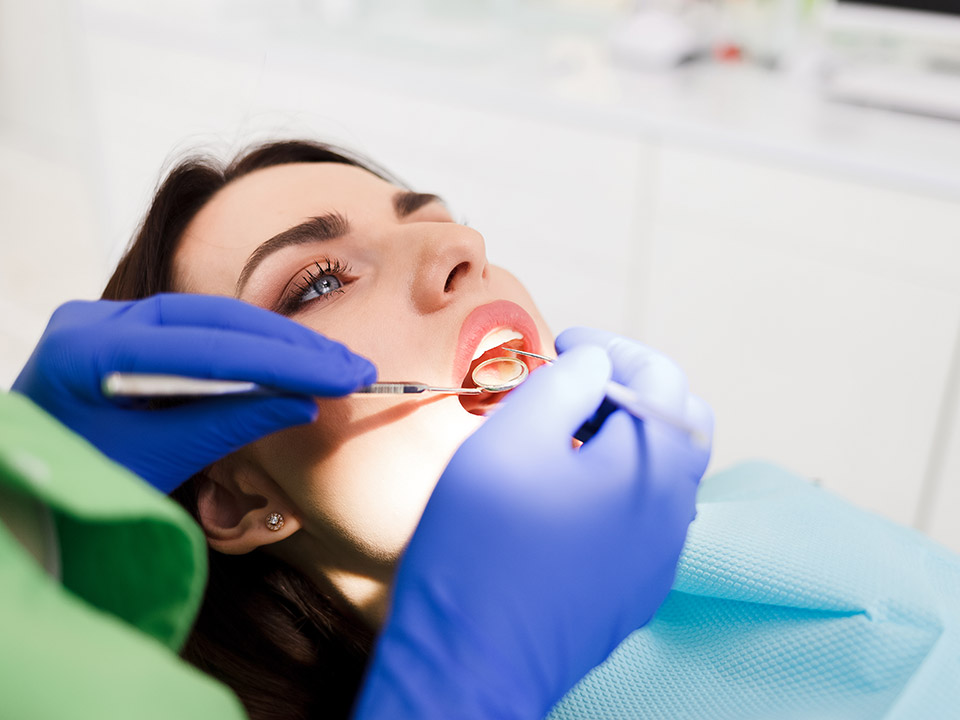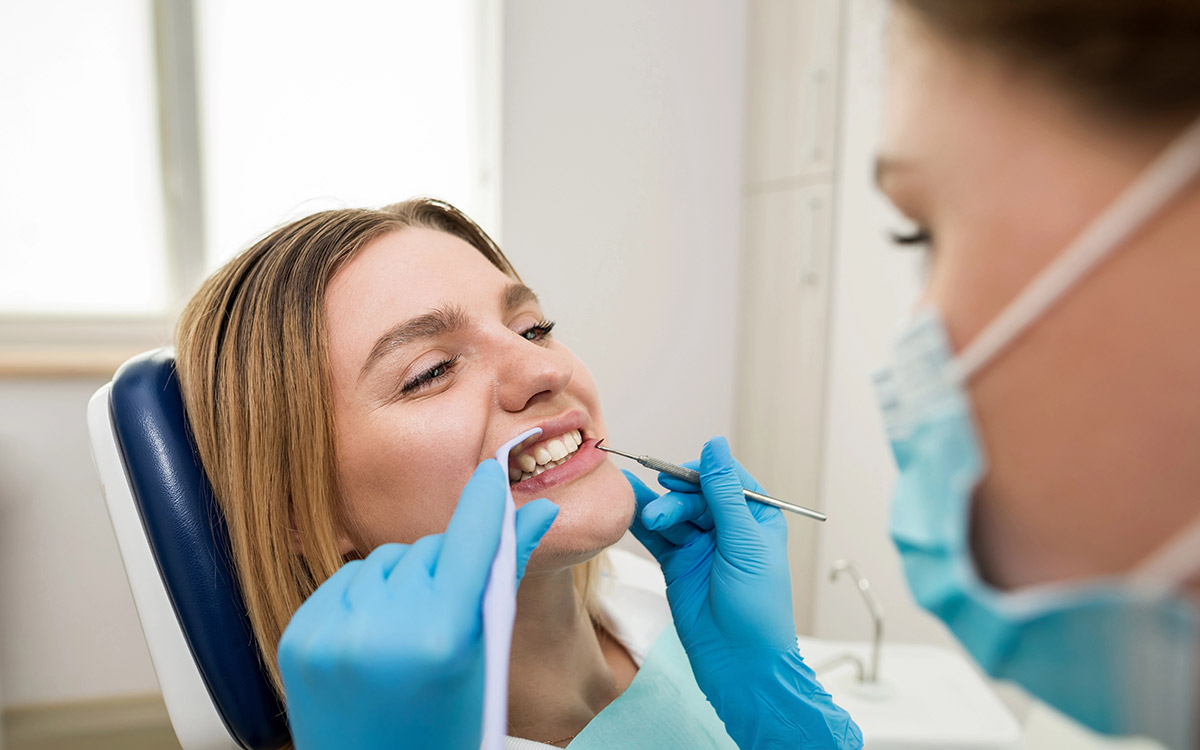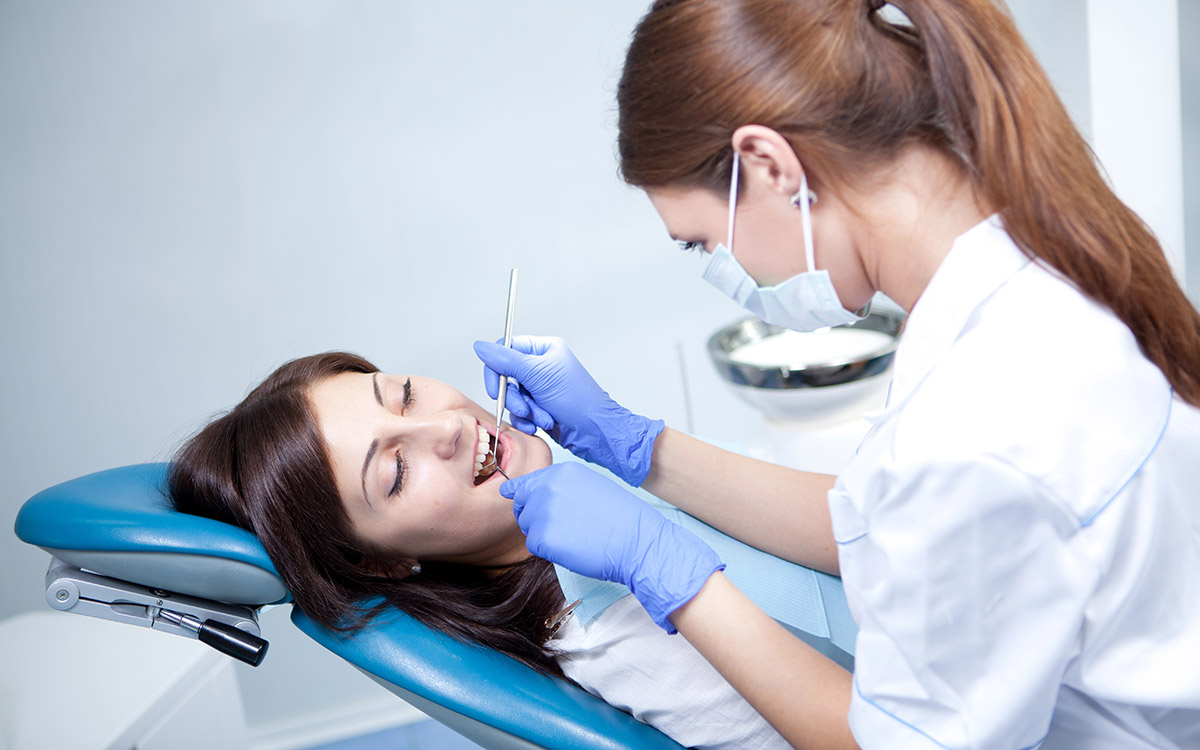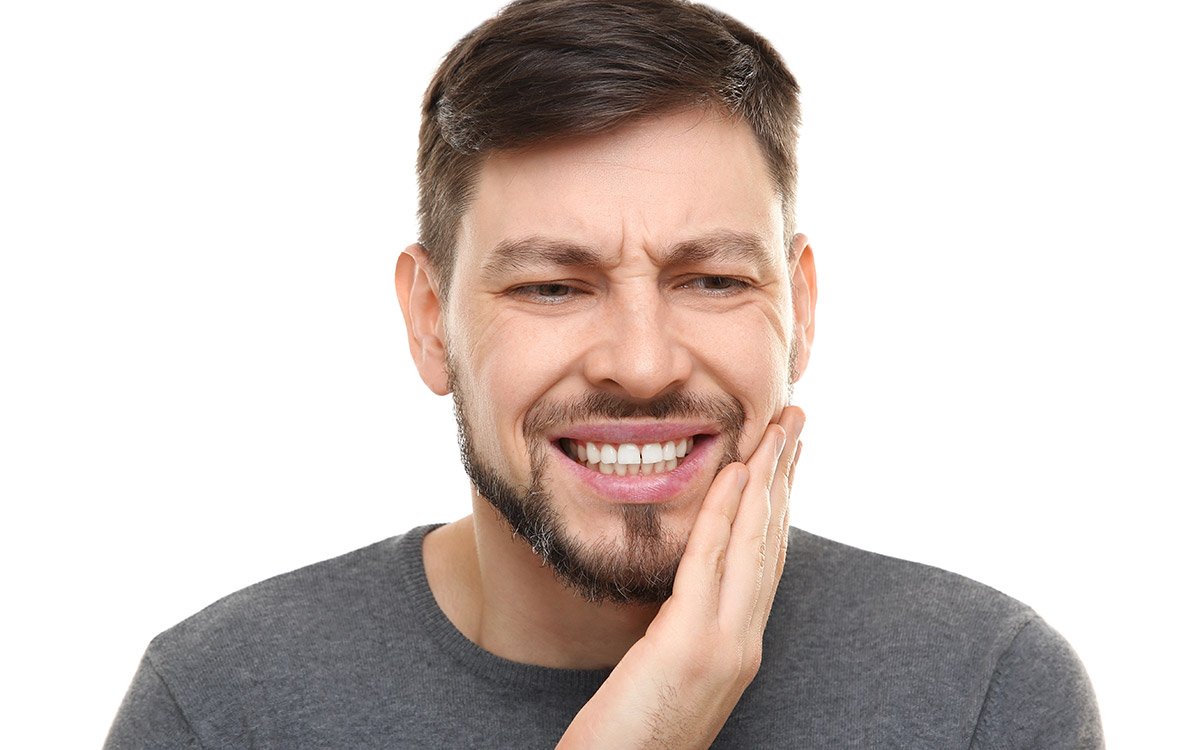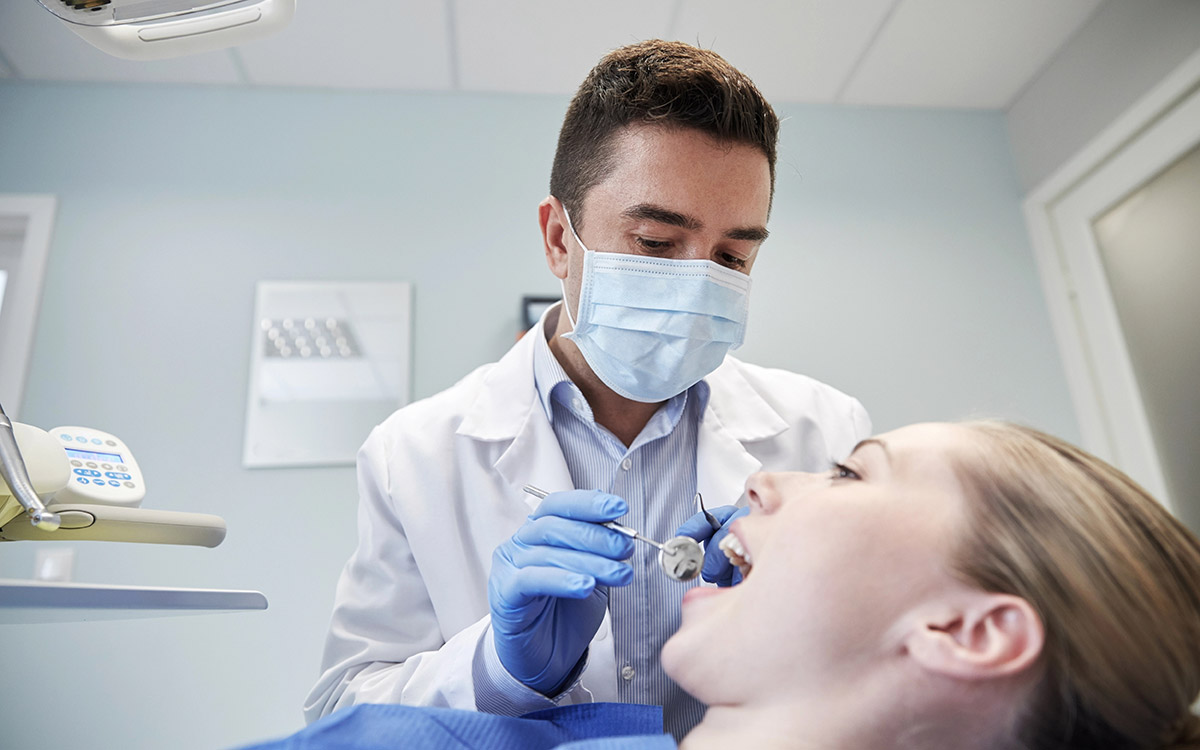It is not uncommon to eat or brush your teeth and then experience pain from your teeth. But it can also happen to your gums. Some people experience soreness and pain coming from the gums when eating or brushing their teeth.
This pain can be mild to severe, but it is always an indicator of an underlying issue. If you do not get it checked out soon, then you could suffer tooth loss, breaking, bleeding, and other oral-related issues.
Sometimes, sore gums come with other symptoms such as
- Redness or discoloration
- Bad breath
- Bleeding when brushing or chewing
- Inflammation
- Tenderness or sensitivity
- Pus or discharge
- Bruising
- Sores or wounds
Whatever symptoms sore gums come with, the appropriate solution is to get a professional to check you out. But to prevent yourself from worrying before your appointment, learn about the various reasons why your gums hurt below.
Possible Reasons Why Your Gums Hurt
1. Roughness when cleaning the teeth
The first reason why your gums feel sore is that you are too rough when it comes to cleaning your teeth. Some people apply too much pressure on their teeth while brushing. Usually, it is in a bid to clean the teeth better. Similarly with flossing
However, experts will tell you that you only need light pressure to clean your teeth effectively. Too much pressure makes the gums sore and may even trigger bleeding. Therefore, ensure that you apply gentle pressure. Additionally, change your toothbrush to one with soft bristles.
2. Gum disease
Gum disease is a common oral condition that attacks the gums. You will notice soreness, accompanied by swelling, redness, and even bleeding. It can manifest as either gingivitis or periodontitis. Both can affect anyone.
You develop gum disease due to poor dental hygiene. You can reverse the effects of gingivitis by improving oral health. If you do not, it will progress to periodontitis, which is harder to deal with and can cause tooth loss.
3. Oral cancer
This is when a sore appears on the gum walls of the cheeks, tongue, and even tonsils but refuses to heal. It brings gum pain, bleeding, sometimes pus, and even discoloration of the gums. If you develop a sore that refuses to heal, visit your dentist and get checked out for oral cancer. Then you can set up treatment to remove the cancerous tumors.
4. Canker sores
Also known as mouth ulcers, canker sores are non-contagious but painful sores that develop in the mouth. They appear on the gums as red but may have a white coating on them. Often the cause of canker sores is a viral or bacterial infection.
Experts conclude that there is no specific medication to treat mouth sores, but you can get some to relieve pain. Often, these ores will disappear in weeks or so. If not, you should consult an expert.
5. Infections
If you have a tooth infection, it could cause soreness on the gums; the most common infection is a tooth infection. This condition can cause an abscess to form along with the gum of the infected tooth. This will cause the gums to swell, discolor, and hurt. Often an expert can diagnose and treat the infection.
6. Allergic reaction
Allergic reactions are also another reason why your gums are in pain. Some people develop allergic reactions to the ingredients in dental hygiene products such as toothpaste and mouthwash.
Additionally, it could be an allergic reaction to food or ingredients in a meal. Gums often swell, turn red, and maintain mild to severe pain. Examine any new products or foods to find the culprit. Be sure to avoid these ingredients and foods.
7. Tobacco use
If you use tobacco often, don’t be surprised when your gums start to hurt. Tobacco use has adverse effects on the mouth. Even smokeless tobacco products cause pain, swelling, and even bleeding to your gums. With time your gums become weak, and thus, you are more susceptible to infections. Limit or quit tobacco use to improve the health of the gums and ease the pain.
8. Hormonal changes
Unfortunately, hormonal changes can affect your oral health, especially in women. For example, during puberty, the influx of hormones increases blood flow to the teeth and gums, making them more sensitive.
The same goes for just before a menstrual period when the gums swell and may even bleed. Similarly, some women experience sore, bleeding gums during their first trimester of pregnancy. And finally, even menopause can affect the gums by making them dry and sore.
9. Burns
Next, you can burn your gums on hot food and beverages, then forget about it but retain some pain and tenderness on the area. If you experience such, the best thing to do is to avoid irritating the area further. This means avoiding hot food and beverages, aggressive brushing or flossing, and poking the area. The burn should heal in two weeks or so.
10. Nutritional deficiency
Nutrition is very important when it comes to developing strong and healthy gums. Therefore, if you do not have a good and balanced diet, you could develop soreness and pain in the gums. Specifically, a deficiency of vitamins B and C will cause this.
You could develop scurvy, which brings pain in the gums, bleeding, and other symptoms. Be sure to include vitamins and minerals in your diet to ensure that your teeth and gums remain healthy. Eat more oranges, and avoid sugary foods.
11. Faulty dental procedures and fixings
Lastly, you can develop gum pain due to faulty dental procedures and fixings. For example, dentures that do not fit properly will irritate the gums. This will lead to pain, tissue damage, and even infections. When you notice this, or something similar with dental procedures, be sure to visit your dentist to correct the fault.
In conclusion, your gum health is an important part of dental structure. If your gums are not at their best, neither are your teeth. Take good care of your gums and if you notice any of the problems above, contact us today for diagnosis and immediate treatment.

